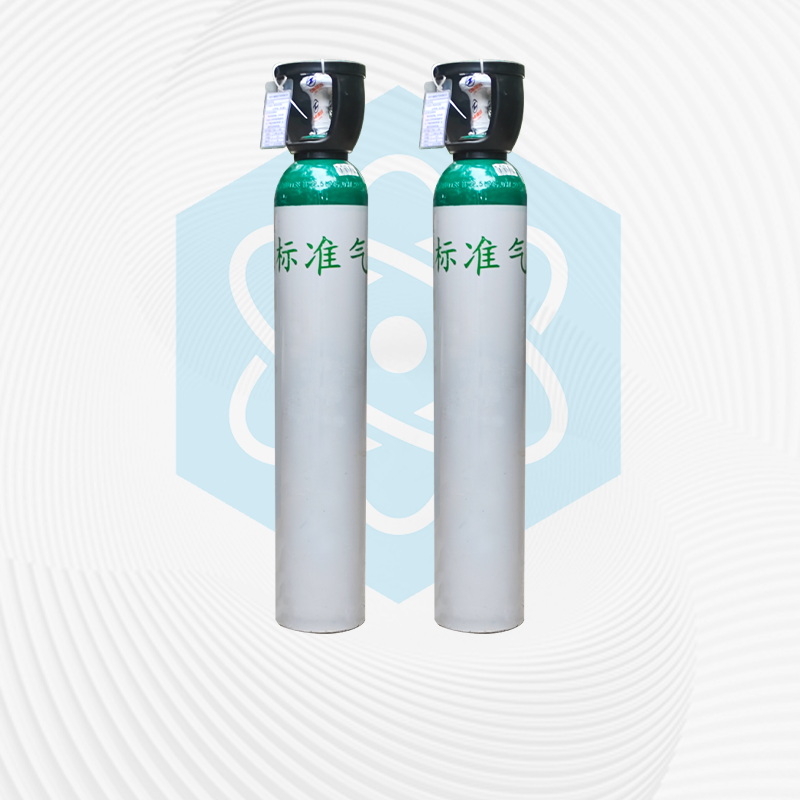Gas Description
Standard gas is a term for industrial gas. Standard substances are measurement standards with uniform concentration, good stability, and accurate measurement values. They have the basic function of reproducing, preserving, and transmitting measurement values. In the fields of physics, chemistry, biology, and engineering measurement, it is used to compare measurement instruments and processes, evaluate the accuracy of measurement methods and the testing capabilities of measurement laboratories, determine material and product characteristic values, and conduct value arbitration. Standard gases are divided into binary, ternary, and multivariate standard gases.
Product application
Mainly used for calibration and testing of petrochemical process control instruments, quality control of petrochemical products, detection of environmental pollutants, detection of automobile exhaust emissions, detection of various factory exhaust emissions, calibration of mine alarm instruments, calibration of medical instruments, quality testing of power system transformer oil, quality control of air separation products, calibration of traffic safety testing instruments, geological exploration and seismic monitoring, metallurgical analysis, gas tool experiments and calorific value analysis, calibration of instruments and meters in the fertilizer industry, etc.
matters needing attention
Bottled gas products belong to high-pressure gases and should be depressurized and depressurized before use. The packaged gas cylinders have a service life, and any expired gas cylinders must be sent to relevant departments for safety inspection before they can continue to be used. When using exhaust gas in each bottle, the residual pressure inside the bottle should be kept at 0.5MPa, and the minimum residual pressure should not be lower than 0.25MPa. The bottle valve should be tightly closed to ensure gas quality and safe use. Bottled gas products should be classified and stacked during transportation, storage, and use. Combustible gases and combustion supporting gases are strictly prohibited from being placed together. They should not be near open flames or heat sources. They should be kept away from flames, oil and wax, explosive sunlight, heavy throwing, or impact. Arc ignition or electric arc on the cylinder body is strictly prohibited, and rough loading and unloading is strictly prohibited.




